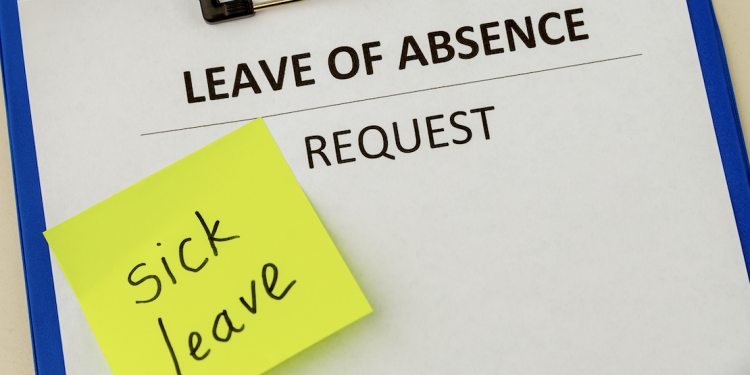Long-term sickness leave is costing UK employers an average of £20,735 per employee, according to new research from MetLife.
The figure accounts for a range of hidden and direct costs, including temporary staffing, training, administrative burdens, and increased workloads for colleagues, which is placing mounting pressure on budgets amid rising absence levels.
The study of 1,000 business owners and senior decision-makers found that even short-term absence now averages £13,800 per employee. Employers cited a range of direct and indirect costs, including temporary cover, training, reduced efficiency, and lost productivity. On average, staff took 6.38 days off due to sickness over the past 12 months.
More than four in ten firms or 43 per cent calculate absence costs in terms of lost productivity, while 41 per cent focus on wages and daily expenses. A further 39 per cent assess the wider impact on efficiency, and 35 per cent link absence directly to a fall in profitability. Despite the financial impact, 16 per cent of businesses said they do not currently measure the cost of sickness absence at all.
MetLife UK head of employee benefits Charlotte O’Brien says: “Early intervention plays a vital role in building a healthier, more resilient and productive workforce. Acting quickly allows employers to minimise time off, reduce the risk of long-term ill health, and ensure employees feel genuinely supported and cared for.
“Offering preventative and early support services – like GP24, Employee Assistance Programmes (EAPs), and access to counselling – allows health concerns to be addressed before they escalate. Left unmanaged, these issues can become more serious, leading to prolonged absence, higher costs, and greater disruption for the business.
“Early intervention is proven to reduce absence levels by helping colleagues return to work more quickly. In fact, we’ve found that 96 per cent of employees have a positive outcome from being able to step in at an early stage of absence.”





